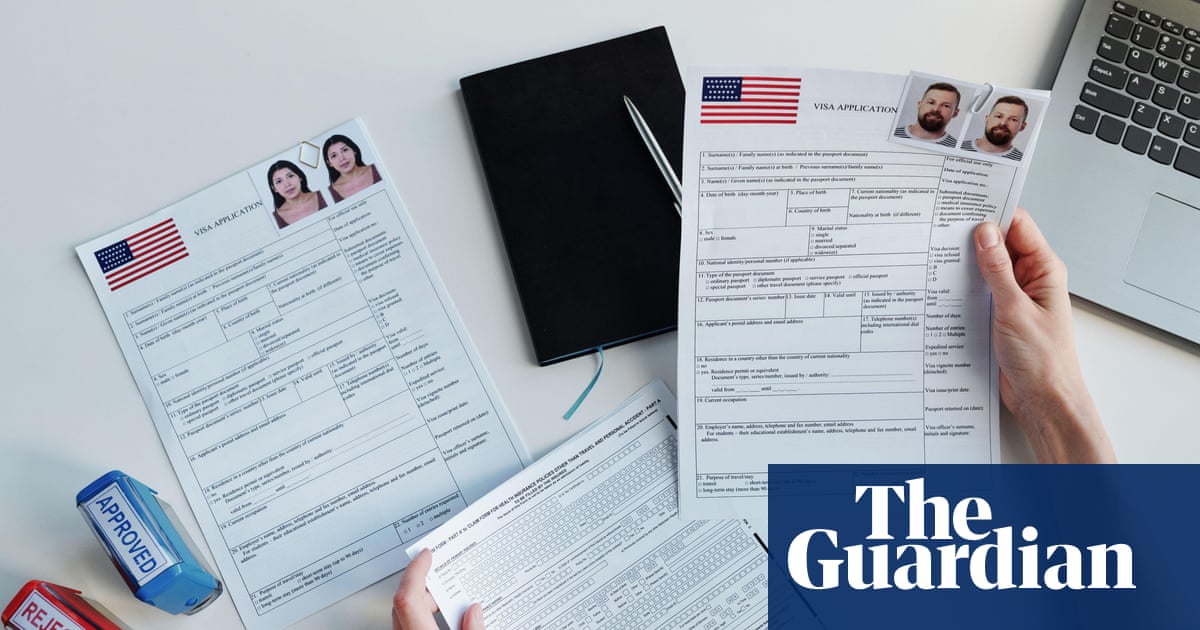The Trump administration said on Tuesday that it will look for “anti-American” views, including on social media, when assessing the applications of people wanting to live in the United States.
In an announcement, US Citizenship and Immigration Services, which handles requests to stay in the United States or become a citizen, said it would expand vetting of the social media postings of applicants and that “reviews for anti-American activity will be added to that vetting”.
“America’s benefits should not be given to those who despise the country and promote anti-American ideologies,” said agency spokesperson Matthew Tragesser. “US Citizenship and Immigration Services is committed to implementing policies and procedures that root out anti-Americanism and supporting the enforcement of rigorous screening and vetting measures to the fullest extent possible. Immigration benefits – including to live and work in the United States – remain a privilege, not a right.”
The US Immigration and Nationality Act, which dates back to 1952, defines anti-Americanism, which at the time primarily focused on communists.
Since taking office in January, the Trump administration has moved aggressively to deny or rescind short-term visas for people deemed to go against US foreign policy interests, especially on Israel.
skip past newsletter promotion
Get the most important US headlines and highlights emailed direct to you every morning
Privacy Notice: Newsletters may contain info about charities, online ads, and content funded by outside parties. For more information see our Privacy Policy. We use Google reCaptcha to protect our website and the Google Privacy Policy and Terms of Service apply.
after newsletter promotion
The latest guidance on immigration decisions said that authorities will also look at whether applicants “promote anti-Semitic ideologies”.
The Trump administration has accused students and universities of antisemitism over protests against Israel’s war in the Gaza Strip, charges denied by the activists.
In April, the administration revoked or changed the legal status of hundreds of international students, only to reinstate them several weeks later. In May, student visa interviews were temporarily halted, and then, in June, new social media vetting measures were introduced for international students applying to study in the US.
Under the new measures, US diplomats are directed to review applicants’ social media profiles to look for “any indications of hostility toward the citizens, culture, government, institutions, or founding principles of the United States” before issuing visas.
On Monday, the State Department said it had revoked 6,000 student visas since the secretary of state, Marco Rubio, took office in January. It said that 4,000 of the cases involved violations of the law – “the vast majority being assault, DUI, burglary and support for terrorism” a state department official said.
